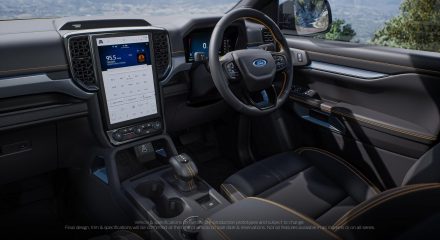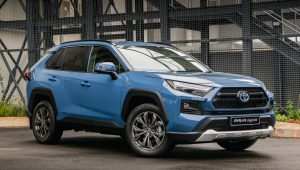Find a vehicle that is ideal for your budget

There are many things to consider when buying a vehicle, namely how much would a service plan/maintenance plan add to the overall price of the new vehicle, price of parts, reliability, but the most important one is considering a vehicle that will be ideal for your budget.
As exciting as it may be to shop for a new car, times are uncertain with economic restraints and many people forget to take the time to actually decide what they can comfortably afford.
Here are five tips from motus.cars on what to consider before buying a car:
Review your budget:
Before researching the latest models and test-driving vehicles, determine your budget and how you will be able to pay for your new car.
- How much money do you have saved for a deposit?
- What is the best interest rate you can find?
- What fees and licensing costs will you need to pay.
Look at your recent bank statement and monthly bills to determine your budget. Add the trade-in value of your current vehicle to this budget. This can be used to make a larger deposit that will lower your monthly payment and interest.
Purchasing a vehicle is more than just the price of the car itself, so be sure to plan for additional expenses, namely the registration fee or add-ons you might want such as an extended warranty, as well as the monthly costs of fuel and insurance.
Work out what you are willing and able to pay using a finance calculator.
Determine what you want and what you need:
Now that you know what your budget is, you now need to assess what you want and what you need depending on what stage of your life you are in. E.g someone who is single will have different needs and wants compared to a family of four.
Make a list of; vehicle size, safety features and fuel economy to determine what kind of vehicle will satisfy your needs. Then what you want but do not necessarily need, like technology, colour preference, conveniences, and style.
Keep this list in mind when researching specific models.
Do your research:
Once you know what you need, choose the brand and model that best meets your requirements. Compare listings online to find vehicles that come with the specs you are looking for. Take a look at new, used and demo options before deciding what will be best for you.
Take your top two or three choices for a test drive. Pay attention to the car’s acceleration, comfort, and handling. This is also a great time to ask any questions you may have about the engineering or functionality of the vehicle.
Consider ongoing costs:
Before you sign the paperwork, make sure your budget will afford this by taking into consideration ongoing costs.
Some models have parts that cost more to repair, which means your maintenance costs will be higher. Others are not efficient on fuel and will cost you more every time you fill up and a high insurance price.
Financing your car:
We would all like to pay cash for our new car, but most of us cannot afford it, so we have to finance the purchase of our car. Make sure that you shop around.
Try and choose a short-term repayment plan with the lowest interest rate possible. Be wary of balloon payments, as they can make repayments seem small, but could leave you still owing quite a sizeable amount on your car by the end of your term.
Try to make a big deposit (anything from 10% to 20% of the purchase price), as this will help lower your monthly instalments.
Picture: Supplied







